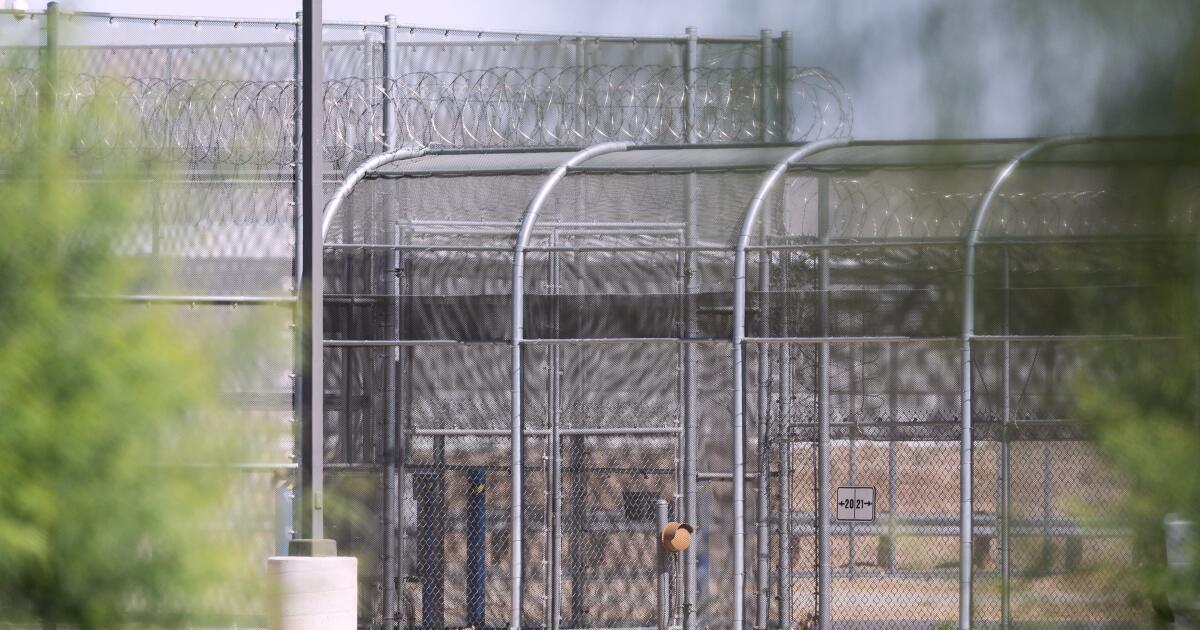Cop30, the annual UN climate summit to which the US failed to send a delegate this year, nevertheless achieved something that President Donald Trump would have celebrated.
Delegates in Brazil said they had reached a preliminary agreement on Saturday, and while some important concessions had been made, the final agreement did not include the path away from fossil fuelsthe largest factor in global warming and anthropogenic climate change.
More than 80 countries were reported to support a road map to phase out fossil fuels, but there was not enough consensus to include it.
In what sounded like an act of desperation, Cop30 President Andre Correa do Lago said he would draw up a roadmap himself, but it was unclear where that would lead as it lacked the binding force of an international agreement.
While the conference “brought breakthroughs in the trifecta of funding adaptation, protecting the world's forests, and elevating indigenous voices like never before,” World Resources Institute President and CEO Ani Dasgupta said in a statement to ABC“Negotiators were unable to agree on a road map for the transition away from fossil fuels. More than 80 countries supported a fair and equitable transition away from fossil fuels, but intense lobbying from several oil states weakened the deal.”
President Trump withdrew the United States from the Paris Agreement and is a strong advocate for oil, gas and coal. He also decided that sending a delegation to Brazil for a climate conference was a waste of time. (California Governor Gavin Newsom, for his part, decided show up anyway.)
It is unclear whether the official US delegation did more harm than good. But one thing is clear: an agreement that does not offer a path away from international dependence on fossil fuels as the climate worsens and the world literally burns around us is almost entirely meaningless.








